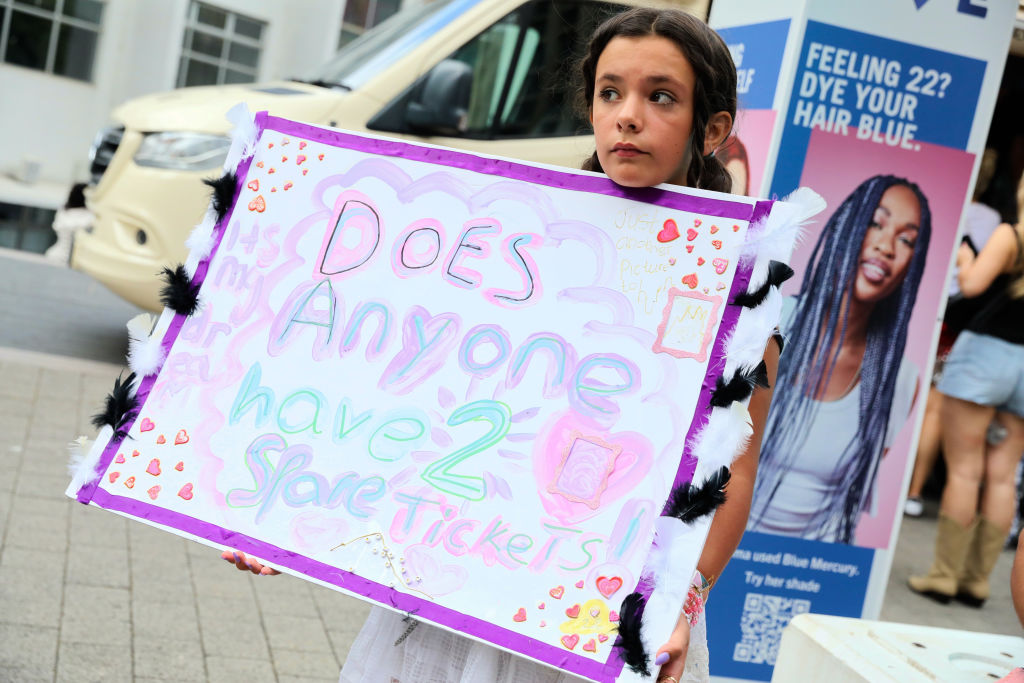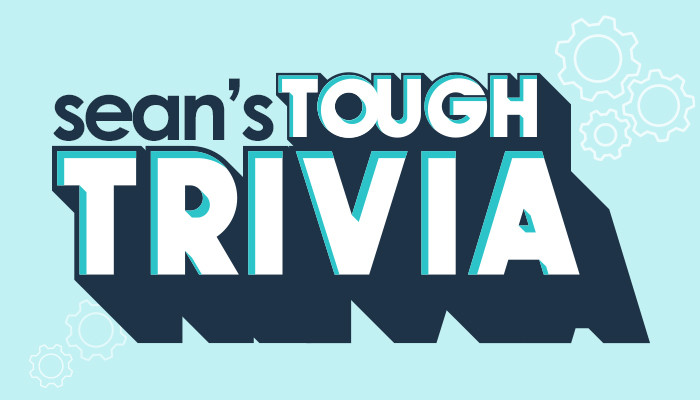Beware of Fake Taylor Swift Tickets: How to Detect

Source: TAS2024 / Getty
Beware of Fake Taylor Swift Tickets: How to Detect
An Indianapolis father’s attempt to surprise his stepdaughter with Taylor Swift concert tickets turned into a costly mistake when he fell victim to an online scam. With the pop star’s Eras Tour returning to the U.S. this fall, scammers are taking advantage of eager fans, posing as trusted friends on social media to sell fake tickets.
A Surprise Gone Wrong
Jeremy Robinson was excited to surprise his stepdaughter with tickets to Taylor Swift’s upcoming Indianapolis concert. “I was searching for tickets for my wife and stepdaughter,” Robinson recalled, “when I noticed a post from a friend’s Facebook page offering tickets at face value.” Seeing the opportunity, and with resale prices soaring above $2,000, Robinson quickly reached out.
The supposed friend offered the tickets for $400 each, a deal too good to pass up. After exchanging a few messages, Robinson transferred $800 through a money transfer service, believing the tickets were secured. However, within minutes, the Facebook page disappeared, along with Robinson’s money.

Source: Alishia Abodunde / Getty
The Growing Threat of Social Media Scams
This incident underscores a broader issue: scammers are no longer just anonymous strangers. They are now hijacking the accounts of people you know and trust, using those connections to sell fake concert tickets, game consoles, iPads, and more at suspiciously low prices.
So how do these scammers infiltrate your social circle? Chris Drake of the tech company iconectiv explains that hackers can steal your credentials through methods like connecting to public Wi-Fi networks. “A sophisticated scammer can intercept your data and gain access to your stored usernames and passwords, including those for Facebook,” Drake said.
In other cases, the original account holder might have fallen for a phishing scam, inadvertently giving away their login information.

Source: SOPA Images / Getty
Spotting the Red Flags
To protect yourself, be aware of these warning signs that an account may have been hacked:
- Posts with unusual spelling or grammatical errors
- Unanticipated messages from someone you haven’t interacted with in a while
- Out-of-character posts on a friend’s wall
- Requests to move the conversation off Facebook to another platform
If you suspect something is off, reach out to your friend directly, either by phone or video call, to confirm the authenticity of their post.
When Robinson finally contacted his friend, he discovered that his friend’s account had indeed been hacked. Unfortunately, Robinson wasn’t the only victim; others had also fallen prey to the same scam.
Protect Yourself from Scams
If a friend offers you concert tickets or electronics on social media, take extra precautions to verify their identity before making a purchase. It could save you a significant amount of money and heartache.










